For more than a century, the BBC has been a fixture of British cultural life. However, few people are aware of the key role played by women in its earliest days.
 The next event in our online public lecture series will showcase the pioneering women of the BBC – from female producers through to the engineers, broadcasters and managers who carried the BBC through the Second World War and beyond.
The next event in our online public lecture series will showcase the pioneering women of the BBC – from female producers through to the engineers, broadcasters and managers who carried the BBC through the Second World War and beyond.
The free event will take place from 7pm – 8.30pm on Wednesday 15 March.
Dr Kristin Skoog, Dr Kate Terkanian and Dr Kate Murphy – all from the Faculty of Media and Communication – will share stories uncovered by their research into women in the BBC, from the 1920s up to the 1950s.
There will also be the opportunity for audience questions.
The event takes place during Women’s History Month, which this year is celebrating ‘The Women Who Tell Our Stories’, encouraging recognition of women, past and present, who have been active in all forms of media and storytelling.
It is the third event in BU’s 2022/23 online public lecture series, which showcases our research and expertise across key areas. The first lecture series attracted more than 1,000 attendees from across the world.

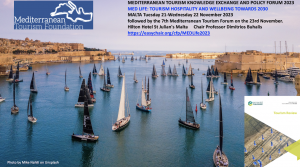

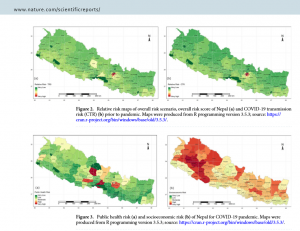

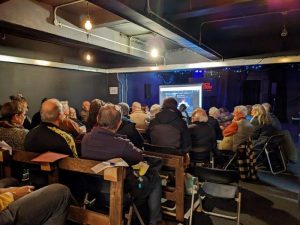
 RDS will host the annual UK Research Office virtual visit to BU on 26 April 2023. This will be organised as part of funding briefing series but will start at 12:30.
RDS will host the annual UK Research Office virtual visit to BU on 26 April 2023. This will be organised as part of funding briefing series but will start at 12:30.


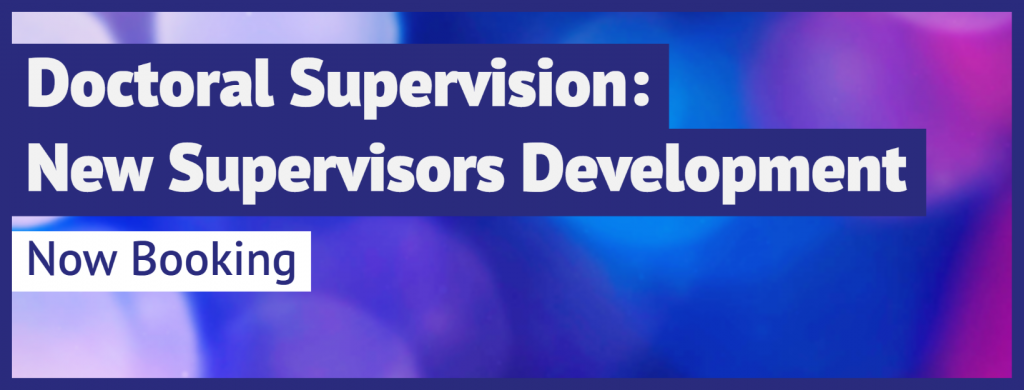

 Spatial memory is our ability to remember where things are, for example remembering where you put down your keys, or where you met a friend. Interestingly, our spatial memory is stronger when we have an emotional connection to a place or object.
Spatial memory is our ability to remember where things are, for example remembering where you put down your keys, or where you met a friend. Interestingly, our spatial memory is stronger when we have an emotional connection to a place or object.

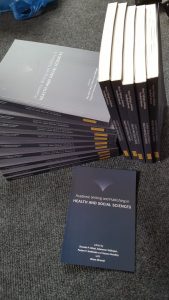

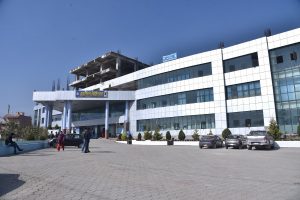 As part of the Erasmus+ exchange, Professors Vanora Hundley and Carol Clark were recently invited to discuss the importance of communication with nurses at
As part of the Erasmus+ exchange, Professors Vanora Hundley and Carol Clark were recently invited to discuss the importance of communication with nurses at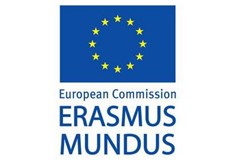 Manmohan Memorial Hospital in Kathmandu, Nepal.
Manmohan Memorial Hospital in Kathmandu, Nepal.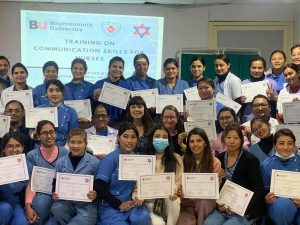 However, all reported that finding time to stop and listen to patients could be a challenge when the hospital was busy. The group participated in a number of exercises, which included role-playing to understand how it feels to be a patient entering the hospital.
However, all reported that finding time to stop and listen to patients could be a challenge when the hospital was busy. The group participated in a number of exercises, which included role-playing to understand how it feels to be a patient entering the hospital.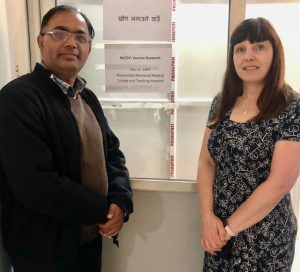 Dr Sujan Marahatta explained the process and discussed how the hospital was contributing to this important research.
Dr Sujan Marahatta explained the process and discussed how the hospital was contributing to this important research.










 New Nepal scoping review on maternal & neonatal health
New Nepal scoping review on maternal & neonatal health Fourth INRC Symposium: From Clinical Applications to Neuro-Inspired Computation
Fourth INRC Symposium: From Clinical Applications to Neuro-Inspired Computation Writing policy briefs
Writing policy briefs Upholding Excellence: The Concordat to Support Research Integrity
Upholding Excellence: The Concordat to Support Research Integrity ECR Funding Open Call: Research Culture & Community Grant – Application Deadline Friday 12 December
ECR Funding Open Call: Research Culture & Community Grant – Application Deadline Friday 12 December MSCA Postdoctoral Fellowships 2025 Call
MSCA Postdoctoral Fellowships 2025 Call ERC Advanced Grant 2025 Webinar
ERC Advanced Grant 2025 Webinar Horizon Europe Work Programme 2025 Published
Horizon Europe Work Programme 2025 Published Horizon Europe 2025 Work Programme pre-Published
Horizon Europe 2025 Work Programme pre-Published Update on UKRO services
Update on UKRO services European research project exploring use of ‘virtual twins’ to better manage metabolic associated fatty liver disease
European research project exploring use of ‘virtual twins’ to better manage metabolic associated fatty liver disease